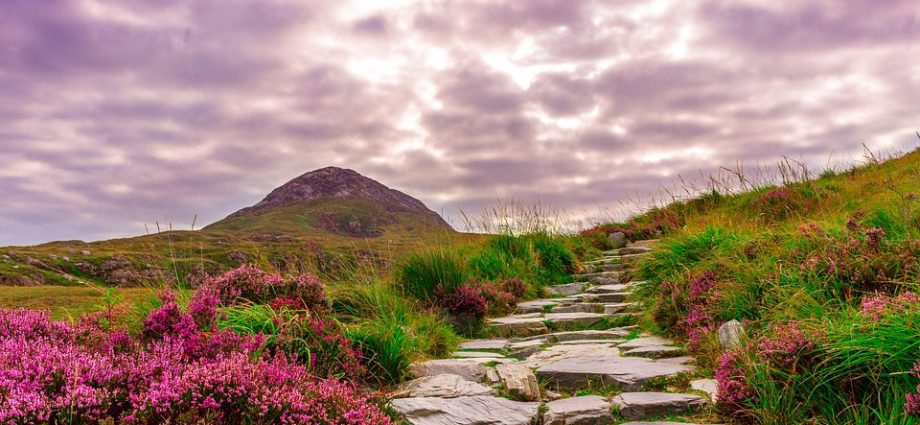The History of Ireland: A Tale of Culture and Tradition
Ireland is a country steeped in history and culture, with a rich and fascinating past that has shaped the nation into what it is today. From ancient Celtic tribes to the Vikings, Normans and English, the Irish have experienced a tumultuous history that has shaped their culture, language, and traditions. Ireland has been an important part of Western civilization for centuries, and its unique culture and traditions have been passed down through the generations.
Early History
The earliest known inhabitants of Ireland were the Celts, who arrived around the 6th century BC. They established a number of independent kingdoms, and their culture and language, Gaelic, became the dominant language. The Celts were a powerful force in the region, and their influence can still be seen in the language, folklore, and culture of modern-day Ireland.
The next wave of invaders to arrive in Ireland were the Vikings, who began raiding the country in the 8th century. The Vikings established settlements in many parts of the country, and their influence can still be seen in the names of many towns and cities.
The Normans arrived in 1169, and their presence was to have a huge impact on the history of Ireland. The Normans brought with them the English language and a feudal system of government, which replaced the Gaelic system of rule. This led to a period of great upheaval, as the Irish were forced to adopt the new language and customs of their conquerors.
The British Rule
The British rule of Ireland began in the 16th century, when Henry VIII declared himself King of Ireland. This was followed by the Act of Union in 1800, which effectively made Ireland a part of the United Kingdom. This period of British rule was marked by great upheaval and violence, as the Irish resisted the rule of their foreign overlords.
The 19th century saw the emergence of the Irish nationalist movement, which sought to end British rule and establish an independent Irish state. This movement gained momentum in the early 20th century, and eventually led to the establishment of the Irish Free State in 1922.
Modern Ireland
Modern Ireland is a vibrant and diverse nation, with a rich culture and strong sense of national identity. The Irish language is still spoken in many parts of the country, and traditional Irish music, dance and literature remain popular.
Ireland is also a major tourist destination, with its stunning scenery, vibrant cities, and friendly people drawing visitors from all over the world. The country is also renowned for its food, with traditional dishes such as Irish stew, colcannon and boxty still popular today.
Top 10 Tourist Attractions
1. The Cliffs of Moher
2. The Giant’s Causeway
3. The Ring of Kerry
4. The Rock of Cashel
5. Blarney Castle
6. Kilmainham Gaol
7. The Burren
8. The Aran Islands
9. The Hill of Tara
10. Dublin Castle
FAQs
What is the history of Ireland?
The history of Ireland dates back to the 6th century BC, when the Celts arrived in the region. The Celts established a number of independent kingdoms, and their culture and language, Gaelic, became the dominant language. The Vikings arrived in the 8th century, followed by the Normans in 1169. The British rule of Ireland began in the 16th century, and lasted until 1922, when the Irish Free State was established.
What are the top tourist attractions in Ireland?
The top tourist attractions in Ireland include the Cliffs of Moher, the Giant’s Causeway, the Ring of Kerry, the Rock of Cashel, Blarney Castle, Kilmainham Gaol, the Burren, the Aran Islands, the Hill of Tara and Dublin Castle.
What is the culture of Ireland like?
The culture of Ireland is a rich and vibrant one, with a strong sense of national identity. The Irish language is still spoken in many parts of the country, and traditional Irish music, dance and literature remain popular. Ireland is also renowned for its food, with traditional dishes such as Irish stew, colcannon and boxty still popular today.
